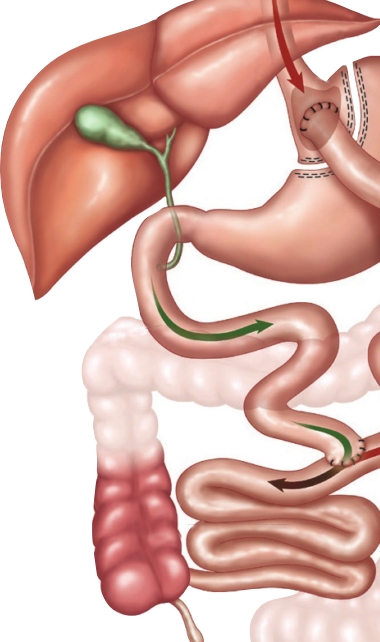WEIGHING CHOICES IN WEIGHT LOSS

 As a bariatric surgeon here in Shreveport, this is a question I am asked almost every day. Bypass, sleeve, band, balloon – how does one decide? And these are just some of the more familiar choices. The list goes on and on. Shreveport was recently named the second most obese city in the entire United States, second only to Memphis. Bariatric surgery can be a very powerful tool in the fight against this deadly disease, but the number of choices and the complexity of these operations can seem overwhelming when faced with this difficult decision.
As a bariatric surgeon here in Shreveport, this is a question I am asked almost every day. Bypass, sleeve, band, balloon – how does one decide? And these are just some of the more familiar choices. The list goes on and on. Shreveport was recently named the second most obese city in the entire United States, second only to Memphis. Bariatric surgery can be a very powerful tool in the fight against this deadly disease, but the number of choices and the complexity of these operations can seem overwhelming when faced with this difficult decision.
Let's first talk about who is a candidate for surgery in general.
A simple rule of thumb is that anyone who is at least 90 pounds over their ideal body weight will most likely qualify for bariatric surgery. There are exceptions, of course, but that number holds true for most, especially if there are other health problems associated with the obesity, such as hypertension, diabetes, sleep apnea or GERD.
So that leaves us with the two operations that I do perform and recommend. The first is the sleeve gastrectomy. This is a relatively new operation where we remove about 75 percent of the stomach, leaving a long, narrow stomach tube about the size and shape of a small banana. By downsizing the stomach, people fill up much more quickly, and the appetite is decreased. Patients typically lose over half of their excess weight, becoming much healthier in the process.
The gastric bypass is the grandfather of all weight-loss operations.
It was first performed over 50 years ago, and is still considered the gold standard by most bariatric surgeons.
With this operation we create a small stomach pouch, about the size of a large egg, and then bypass the stomach and first part of the intestine. This limits how much food a person can eat at one time, and the food that is eaten is not fully absorbed, so you don't get as many calories out of a given amount of food. Most patients will lose about 70 percent of their excess weight, and it usually cures most of the associated medical problems such as diabetes and high blood pressure.
 Both
of these operations are performed laparoscopically through five tiny
incisions. There is a one- to two-night stay in the hospital, and most
people are back to work within two weeks.
Both
of these operations are performed laparoscopically through five tiny
incisions. There is a one- to two-night stay in the hospital, and most
people are back to work within two weeks.
And fortunately, these operations are now covered by most insurance companies. There are pros and cons to both procedures, which we look at individually with each person to help them determine which operation is the best fit for them.
Morbid obesity is a complex disease process and requires a complex treatment plan. Bariatric surgery can be a very powerful tool in this fight. We offer free weekly seminars where we can sit down face to face and find out if one of these procedures is right for you. If you are tired of fighting this battle alone, I encourage you to make a call and find out if bariatric surgery can help you rediscover your life.
And rediscover you.
James R. Barnes, M.D., Bariatric and Advanced Laparoscopic Surgery. Dr. Barnes is a board-certified bariatric surgeon and has been in practice for over 20 years. His focus is on the laparoscopic gastric bypass and the laparoscopic sleeve gastrectomy, and he offers free weekly seminars for those interested in obtaining more information. He also performs surgical repair of failed Lap Bands and stomach staplings, as well as gallbladder, hernia and anti-reflux operations. Dr. Barnes is accepting new patients and can be reached at 798-4433.
